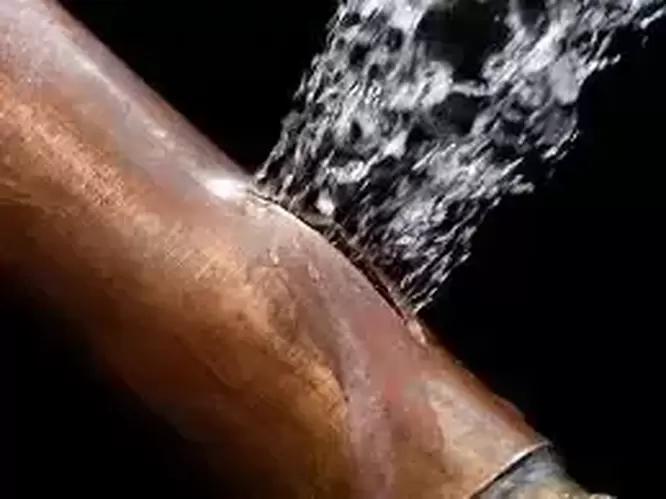Insurance House Blog |
|
Generally, pipes that are exposed to frigid outdoor temperatures freeze more readily—such as hose bibs, swimming pool lines and water sprinkler lines. Pipes that run along exterior walls in your home with minimal insulation also tend to freeze more easily. Regardless of where they are located, frozen pipes can carry significant consequences—including property damage from your pipes bursting, flooding and the potential for a disruption in water supply. With this in mind, here’s what you can do keep your pipes from freezing when temperatures drop.
If you turn on a faucet and no water or only a trickle comes out, your pipes may be frozen. Turn off the main water valve and keep the faucet on. Apply heat to the pipe by using an electric heating pad, hair dryer or portable space heater, or by wrapping the pipe in towels soaked in hot water. You should apply heat until you regain water pressure. If this does not solve the problem, contact a licensed plumber to inspect your pipes. For more home maintenance guidance and homeowners insurance solutions, contact us today. 618-997-1311
0 Comments
Leave a Reply. |
Contact Us(618) 997-1311 Archives
May 2024
Categories
All
|


 RSS Feed
RSS Feed